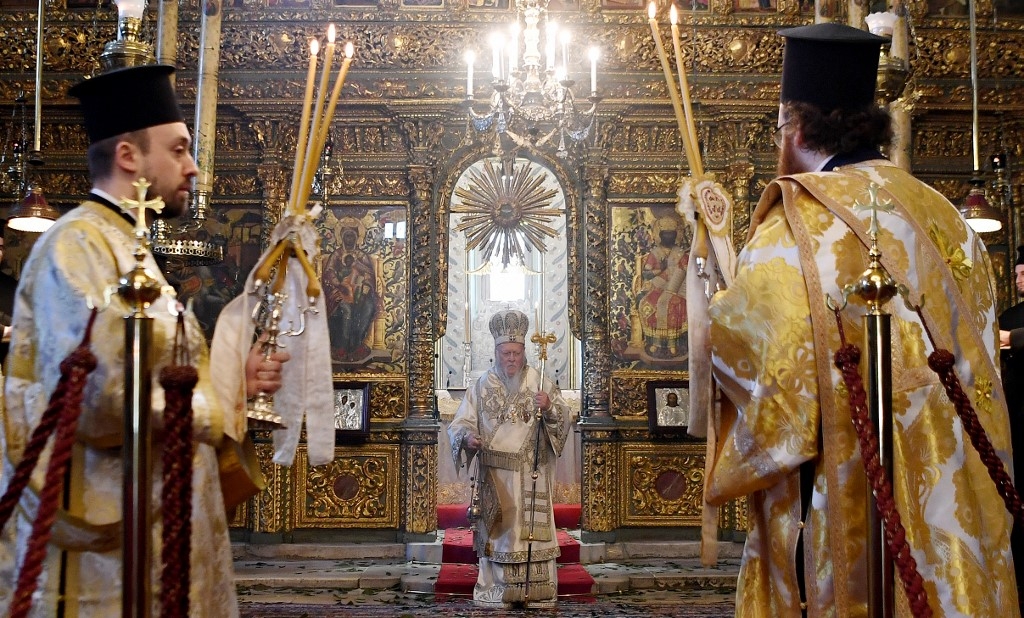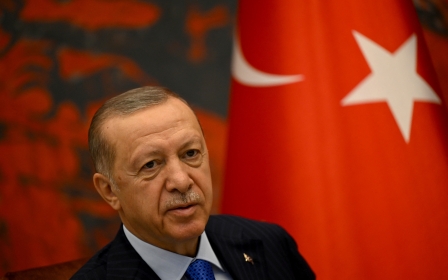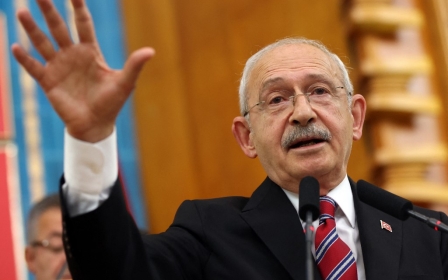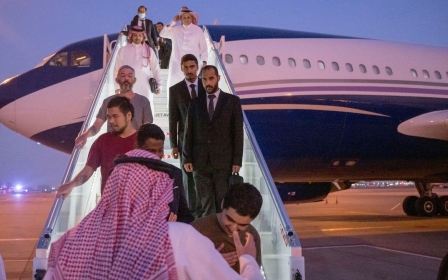Turkey may give citizenship to descendants of Greek-Turks, Erdogan says

Ankara may consider opening the path to citizenship to descendants of Greeks who were Turkish nationals, Turkish President Recep Tayyip Erdogan said on Thursday.
During an interview with local journalists, Erdogan said that his government has never tried to decrease the number of Greek-Turkish citizens in Turkey, despite claims by Athens.
He added that he had once visited the Turkish islands of Bozcaada and Gokceada and spoke to the minority of Turkish citizens of Greek descent living there.
“I asked them about their children, and one of them said her children were living in the US,” Erdogan said. “We could have given the [Turkish] citizenship to that child if he or she did not have one."
Erdogan made the remarks in response to the Greek Foreign Minister Nikos Dendias who said on Tuesday that the Greek population in Istanbul has dropped from 100,000 to less than 5,000 in the last decades, and demanded an explanation from Ankara.
New MEE newsletter: Jerusalem Dispatch
Sign up to get the latest insights and analysis on Israel-Palestine, alongside Turkey Unpacked and other MEE newsletters
Erdogan also said that his government provided citizenship to non-Turkish members of the Holy Synod of the Orthodox Ecumenical Patriarchate to allow them to maintain their institutional framework.
'The door is always open'
The Ecumenical Patriarch is elected by a group of bishops called the Holy Synod, whose members have to be Turkish citizens under Turkish law.
“Our door is always open. We would give them citizenship. We have never exiled any Greek from our homeland,” Erdogan said.
He added that Greeks, on the other hand, have been mistreating the Turkish minority living in Western Thrace, denying them the right to elect their own religious clergy.
“We don’t appoint the priests in Turkey,” he stressed.
A classified Turkish National Security Council decision made on 17 March 1964 aimed to “Turkify'' the Bozcaada and Gokceada islands through policies that included banning education in Greek and closing Greek schools as a retaliation to the Cypriot government that was pressuring the Turkish community in Cyprus back then.
Thousands of Greeks left Gokceada in the late 1960s following policies that scared locals. At the time, inmates staying at a local open prison in Gokceada were allowed to roam the island and harass the Greek-Turkish population, leading to their immigration to Europe and elsewhere.
Even though the Greek migrants have retained Turkish citizenship, their descendants are not entitled to it.
Tensions between Turkey and Greece have been running high since the spring due to a number of issues, ranging from disputed territorial waters and airspace disagreements to Athens pushing back against refugees.
Middle East Eye delivers independent and unrivalled coverage and analysis of the Middle East, North Africa and beyond. To learn more about republishing this content and the associated fees, please fill out this form. More about MEE can be found here.





